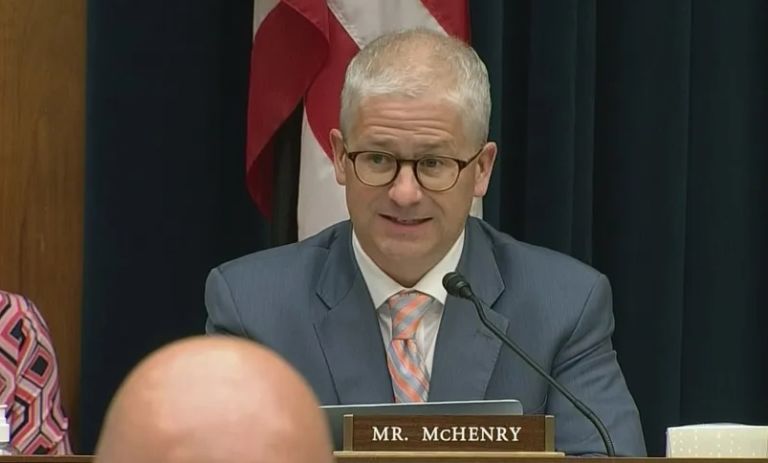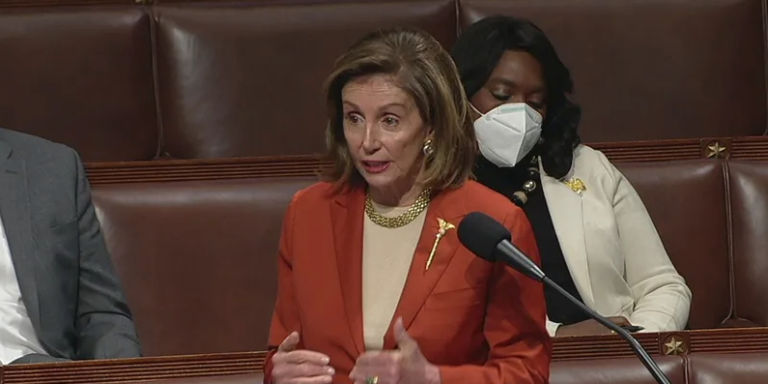Christian Datoc of the Washington Examiner reports on the political debate surrounding a proposed federal infrastructure package.
The bipartisan infrastructure framework negotiations have seemingly driven an inflation-shaped wedge between centrist Republican senators and other party members.
Of the 11 Republican senators who endorsed the so-called bipartisan proposal, just four — Bill Cassidy of Louisiana, Lindsey Graham of South Carolina, Rob Portman of Ohio, and Mike Rounds of South Dakota — publicly commented on claims made by other members of their own party that passing either of the $1 trillion physical infrastructure package or Democratic leadership’s $3.5 trillion Build Back Better budget reconciliation plan will exacerbate the current inflationary run.
Furthermore, only Graham and Portman had publicly commented on the inflationary impact the bipartisan plan could have. During an appearance on Laura Ingraham’s Monday night broadcast, he issued an endorsement of the president’s assertion that “if your primary concern right now is inflation, you should be even more enthusiastic about” the bipartisan effort.
In between long attacks on the $3.5 trillion plan and Biden’s immigration strategies, Ingraham questioned the president’s suggestion on whether “these investments are going to help with inflation.” Graham offered a two-word reply.
“They are.” …
… The Washington Examiner asked officials from the aforementioned four offices — as well as Susan Collins from Maine, Richard Burr and Thom Tillis from North Carolina, Todd Young from Indiana, Lisa Murkowski from Alaska, Jerry Moran from Kansas, and Mitt Romney from Utah — if they were communicating with any of their colleagues who raised inflationary concerns about their bill or if they had any inflationary concerns themselves.
Only Graham’s office responded, and a spokesperson referred to the senator’s comments on Fox News the night before.
The White House, holding the line that the proposals originally housed in the American Jobs and Families plans will eventually decrease supply chain issues while increasing economic efficiency, has slightly shifted its messaging around the subject after releasing the latest Consumer Price Index numbers. The administration has previously waved off concerns for months.


